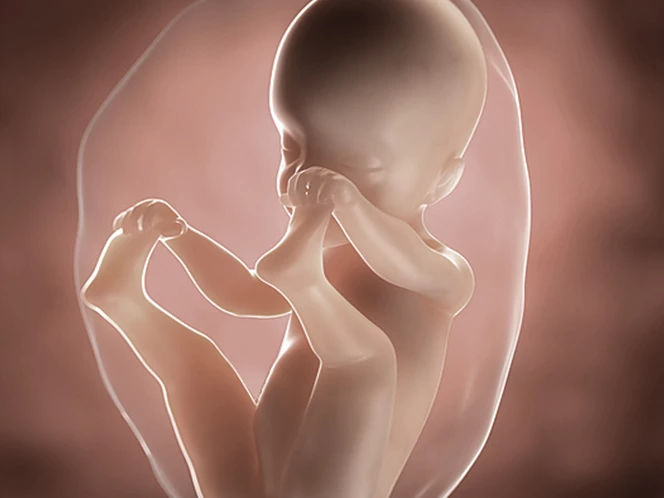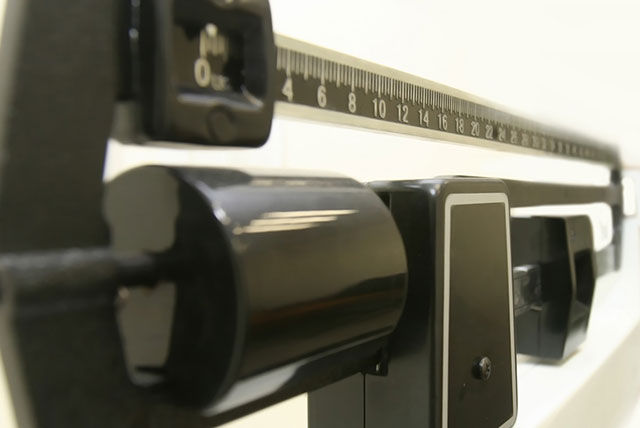In week 25 of pregnancy, your baby measures about 22cm long from head to bottom, and weighs roughly 700g1. He or she is now about the size of a cauliflower.
With improving coordination, your baby can now make a fist and reach for their feet1. You may feel them move in response when you touch the outside of your bump2 - and you could even notice when your baby has a case of the hiccups3.
Your baby is starting to turn pink, as capillaries form under the skin and fill with blood4. Internally, their lungs are preparing to take their first breath, and they’re continuing to produce surfactant which will help support normal lung function once they’re born3. Meanwhile, nerves around their mouth are developing1. These will help guide your baby towards your nipple through their sense of touch in the early stages of breastfeeding1.







